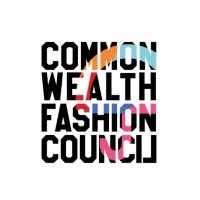Gen Z has been blamed for contributing to fast fashion and buying into consumerism, sparking debate on apps such as Tiktok. They have been described as the generation that grew up on social media and will soon be the largest cohort of consumers.
But are they really to blame? Does this generation know a world without fast fashion?
Outrage has risen on Tiktok following a surge in hauls from fast fashion companies such as Shein as content creators have used the app to display masses of clothes, encouraging people to buy them.
One contributor to the discussion is Rockey Greenberg law clerk and sustainability advocate. The video she posted hit 30,000 views, she said: “I think Gen Z is blamed for contributing to fast mostly because of the rise of microtrends, were kind of synonymous with the social media generation. The current state of overconsumption is largely prompted by our social media culture.
“Tiktok adds to the problem by promoting influencers that rely so heavily on fast fashion trends to create their content.”
Fast fashion brands such as Shein, Boohoo and Pretty Little Thing have been named as the biggest culprits.

Ceo of the Commonwealth fashion council (CFC), Daniel Hatton said: “Tiktok plays a part through storytelling, influencers portray a fantasy, we have to remember they are paid to do this stuff.
“Fast fashion satisfies the societal pressure to look good, but consumers are not aware of the effects socially, economically or politically.”
The Commonwealth Fashion council are a non-profit organisation that promotes and harnesses sustainability in the Commonwealth through programmes and initiatives. They have a commitment to youth and gender empowerment across the 54 nations.
He concluded: “with sustainability, I don’t want to play the blame game… we are all accountable. That’s what we do at the CFC it’s about creating awareness and educating people on responsibility and fashion.”

